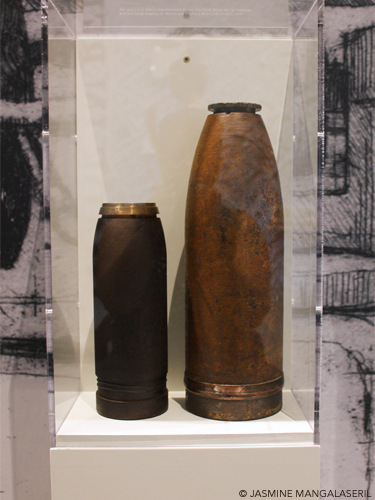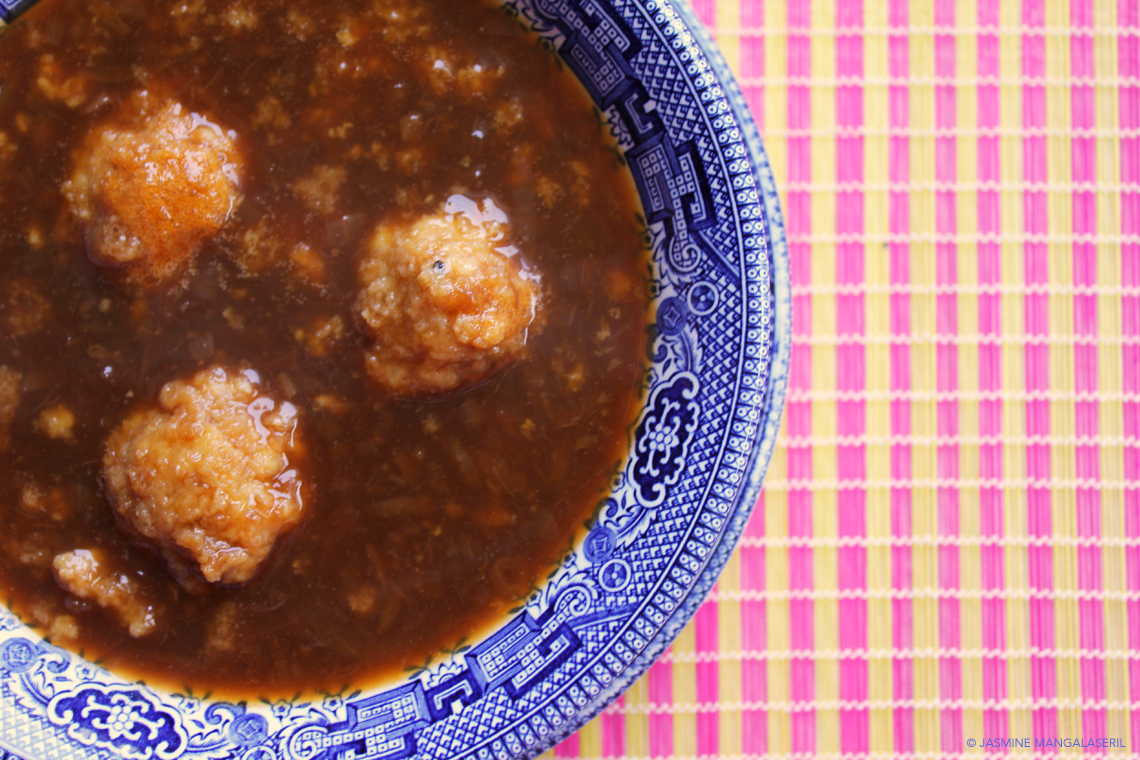
Sir Sam, you need to reconsider who your friends are
The Royal Commission that investigated the fuse and shell scandal released their findings. Both Militia Minister Sir Sam Hughes and Colonel Carnegie, the Shell Committee’s ordinance expert, were cleared of negligence. The minister was in the dark; the ordinance expert was overworked and “under-qualified” to manage business transactions. Instead, they found Colonel John Wesley Allison at fault. This self-professed good friend of Sir Sam seemed to ensure contracts lined his and others’ pockets.
Kitchens, at home and for the boys
The problem of electric stoves reached the Hydro Commission in Toronto. They realised if consumers cottoned on to the new technology, a convergence of cookers would strain the power network. The Commission stopped short of announcing whether or not they would encourage installation, but pulled out their scratch pads to calculate new consumer rates.
Berlin’s and Waterloo’s Recruiting Leagues decided raising $3500 {almost $65,000 – see note on conversion} could purchase three field kitchens for the 118th Battalion. Each one cost about $1100 {roughly $22,000}; the extra could go towards the other big ticket item on the khaki-clad’s wish-list: a truck. Instead of a direct appeal for money, the Leagues decided a week-long midway carnival would bring the wanted funds.
Pole vaulting poll taxes
While Berliners heard about the latest appeal to support their boys, the city’s tax collector, Martin Huehnergard to the Ontario Municipal Association, the poll tax should jump from $1 to $5 (from $20 to $100). The reason, he argued, tied directly to the war’s heavy financial toll. His proposal passed, and Huehnergard joined the Association’s executive committee.
Water woes
The Berlin News-Record reminded readers concerns over water pressure was an age-old issue. For years, after every major fire—the public raised a hue and cry over pressure issues. The Water Commission believed “there should be enough of it to permit of the citizens using all they wish, short of waste, in the torrid summer months, without endangering the fire protection service.” Local artesian wells could supply water for eight or nine months of the year. Summer fires would only need a bit of “nip and tuck.”
On 25 July, the fire brigade tested citizens to see if they could stop frittering water during an emergency. The firemen rang the alarm, and while plenty of people poked out to investigate the to-do, 90 per cent left their sprinklers running. The next day, a disappointed Fire Chief Guerin said, “Had a bad fire broken out last evening, it would have been impossible for the department to cope with it…Something has to be done.”
The name change, from “The Other Side.”
While Berliners awaited the Ontario legislature’s approval to change the city’s name, the newly-formed Citizens’ League of Berlin published a memorial to Berlin in The News-Record.
The Citizens’ League wasn’t to be confused with the British League. The former was concerned about the municipality and its citizens; the latter seemed to coalesce on ridding the city of its German name.
The Citizens’ League pulled no punches as it detailed the name-change journey in its two-page spread. Anyone not of the place (or time) who questioned how The Berlin Daily Telegraph (or The News-Record) covered events may have felt they now had a fuller picture. The writers methodically went through the community’s major events, adding to, if not correcting the record. Among their claims were:
- The organisers of the 11 February meeting, intentionally kept regular citizens in the dark about their intentions, and only publicised the meeting when it was too late for many to attend.
- The petition submitted to the Private Bills Committee was padded (by roughly 60 per cent). Ineligible names included boarders, people who didn’t live in the city, and young employees (aged 14-21) of workplaces (the argument was they signed under mild coercion).
- The type of raid that happened at Concordia Club was the first of its kind in Berlin, and timed to intimidate city council. The writers quoted an unnamed name-change promoter (the 118th’ Battalion’s CO, Colonel Lochead), who praised the raid’s “good and far-reaching effects,” because it stifled opponents (politicians, newspapers, employers, and citizens). They–including The News-Record–were afraid of risk to themselves and their property.
- Alderman Cleghorn, a leading renaming proponent and key player in the British League, threatened to send the names of every unsupportive business and salesman, “from one end of Canada to the other,” to ensure a boycott. He also attacked and stigmatised WH Breithaupt, to throttle discussion of the issue.
- Men from the 118th, threatened Breithaupt because he supported an injunction against the name change. The soldiers also cut his home telephone wire “in order so he could not call for police protection.”
- The police chief couldn’t guaranteed the safety of prominent opponents, including Mayor Hett, The chief called these people and recommended they leave town on the night of the May vote.
- An analysis of news coverage in both newspapers betrayed bias. The Telegraph was firmly pro-name change, while The News-Record offered more balanced and less jaundiced reporting.
As expected, The Telegraph attacked the memorial and treated the Citizens’ League writers with disdain.
Want a bit more information?
- About the Kitchener 1916 Project
- Bank of Canada’s Inflation Calculator was used to calculate modern price equivalents (2016)
- Click here to read a summary of shortlisting Berlin’s possible names
The Recipe

Canadian women were shamed for wasting food. The not-so-hidden message being they didn’t do enough to support the war effort). Writers reminded readers of the blockade’s impact on German homes: tight rationing, by way of food chits was a way of life. They’d never toss stale crusts in rubbish bins, unlike wasteful Canadians. “The thrifty housewife knows a thousand ways that stale bread may be utilized. She who knows no more of domestic economies than she will permit the throwing out of stale bread, must be taught the principles of domestic economy.”
Of course, the scolding article didn’t offer any suggestions as to how to use stale bread.
Luckily the women of Berlin (Ontario) knew how to use up stale bread and shared their tips. The 1906 Berlin Cook Book offers several uses for the odd one or two slices. It sometimes appears as toast points or croutons for soups, but breadcrumbs (usually for breading) was the norm. One recipe for crumbs that didn’t have me reaching for my fry thermometer is for “soup drops.” These bread dumplings are similar-ish to matzo, canderli or Knödel. They are quick to make, an inexpensive way to bulk up a soup, and easily adaptable to your taste.
Soup Drops (Meda Oberlander, The Berlin Cook Book (1906)) Add to a chicken or beef bouillon, balls about the size of a hickory nut, made of grated bread crumbs, mixed with one egg, a little melted butter and some finely chopped parsley. Press them together firmly and drop into soup stock.
Soup Drops (Bread Dumplings for soup) (Adapted; Modern Equivalent)
Yield 4 servings (approximately 18 balls)
| 125g | 750ml | 3 cups | Fresh bread crumbs (four slices) |
| 1 | 1 | 1 | Egg |
| 10g | 10ml | 2 tsp | Butter, melted |
| Salt | |||
| Pepper | |||
| Minced parsley (optional) |
About 20 minutes to the end of cooking your soup, start on the drops. Beat the egg well with the melted butter and seasonings. Mix in the breadcrumbs in batches, until you have a bready mixture that holds together well when squeezed. Form into tablespoon-sized balls. Drop into the boiling soup and them cook relatively undisturbed for 8 minutes—turn them over partway through cooking.
Notes
- The original recipe mentioned bouillon soup—I think this would do well to bulk up any thin/non-cream/non-pureed soup
- I used fresh breadcrumbs–you could probably use dry, but would need to determine the quantity needed.
- Next time, I’d add
- Softened onions, possibly a chopped, cooked rasher of bacon
- A mix of spices/herbs used in the soup
